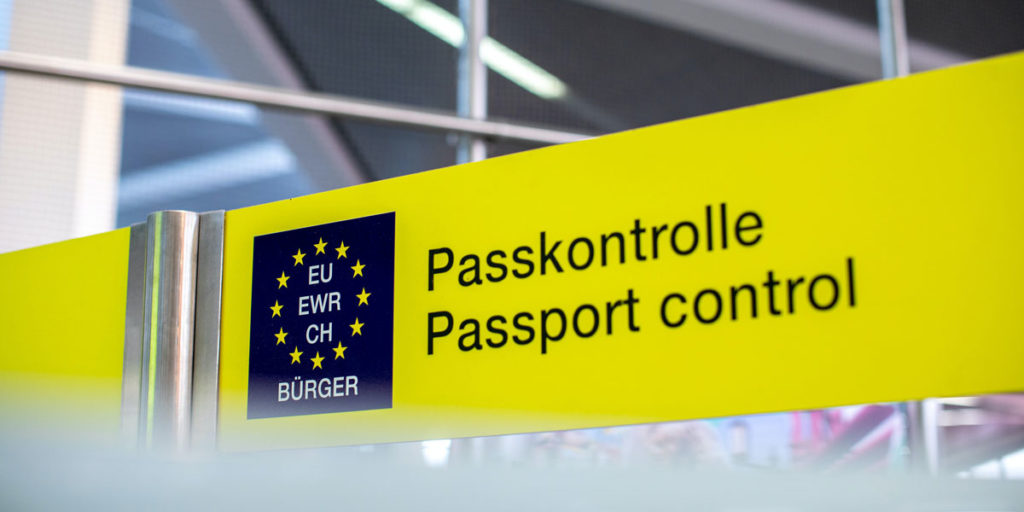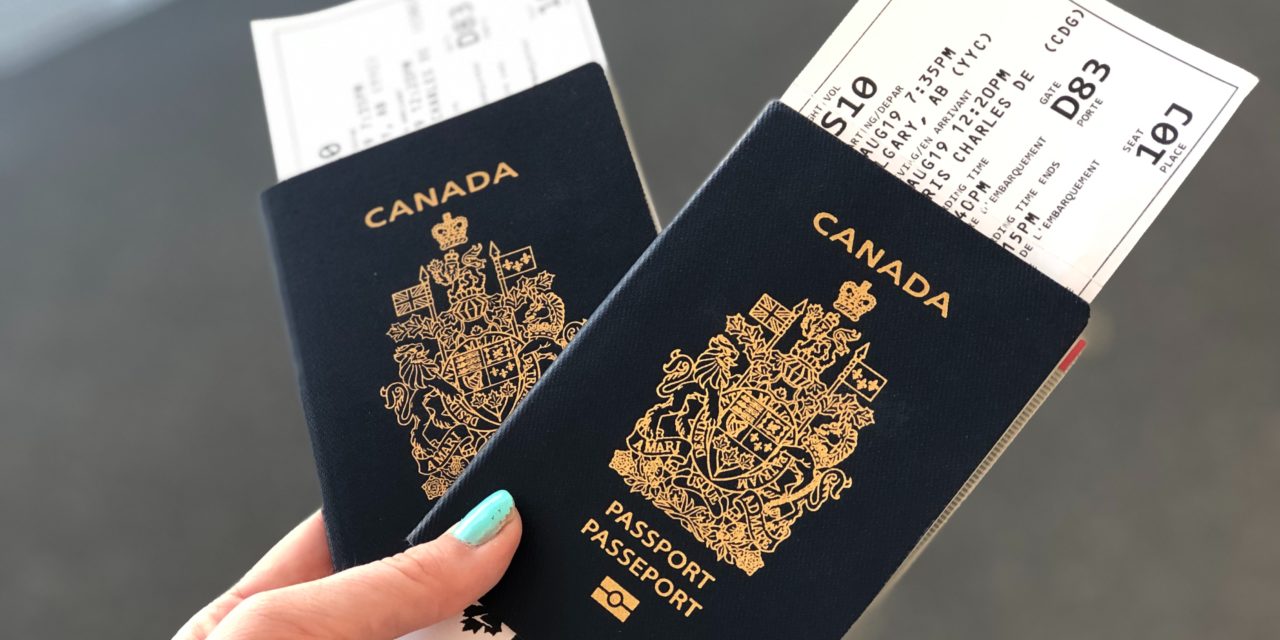Artificial Intelligence (AI) has been a much talked about subject for the past decade. Dubbed as one of the technologies of the Fourth Industrial Revolution, AI has become a driving force for change and transformation in the 21st century. AI has introduced many opportunities as well as threats in numerous industries.
Like most industries, AI is innovating border control and migration. But could it be a threat to national security? Yes, of course, however, if AI is implemented wisely, it can enhance the traveller’s experience. Queuing up at airports for immigration to check your passport and visa can be a thing of the past.
Several border control agencies have successfully implemented contactless biometric technology already. This significantly reduces the screening process and time at immigration counters.
Biometric passports add a range of new security features to the traditional passport, with an embedded microchip containing the holder’s personal information. They were introduced about ten years ago due to the ever-increasing global threat of identity theft and terrorism, pushing many countries to improve their border security measures.
The Commonwealth of Dominica Introduces Biometric Passports
Forming part of a $13m investment to improve and upgrade the border management system, the Commonwealth of Dominica has announced that it will be introducing e-passports or biometric passports in 2021. The news comes in a bid to assist airport officials in cultivating a watch list for persons of interest before they arrive in the country. The new passports will further serve to keep a close and reliable eye on both passengers and cargo crossing the border, enabling systems to record travellers’ fingerprints as they enter and facilitate the inspection of secondary information.
The most significant aspect of this move from machine-readable to biometric passports is that the latter is virtually counterfeit-proof. Dominica will be the only country, aside from the Bahamas, to have these fully upgraded passports in the Caribbean.
Read also: How travel will change after the pandemic
Revolutionised Border Control with Artificial Intelligence
There is no doubt that identity checks are more reliable with AI. With the number of travellers increasing year on year, it is now imperative that technology becomes part of the travelling experience. The streamlining process of electronic visas has also simplified the process of incoming passengers to a country. AI screening processes will help in identifying suspicious travellers and potential security threats.
The KTDI (Known Traveller Digital Identity) is already on its pilot phase between Canada and the Netherlands through a secured and encrypted mobile application. This innovative trial will transform the international travel industry. KTDI will provide a seamless document free international travel and countries will have more control over the movements of travellers.
This Digital Identity poses the challenge of information sharing and collaboration between borders. However if these challenges are overcome, we will see a holistic approach to managing security threats where the information and data will be a worldwide asset to manage and strengthen security.
Nayyara Panchoo, a postgraduate researcher in Artificial Intelligence and Organisational Development at the University of Gloucestershire says: “It is all about the passenger experience to travelling. With the digitisation of passports and AI technology at border control, travellers will now have a smooth experience at airports and threats to countries will be managed efficiently. Document free travel will be the new ‘in’ thing. “
Global Mobility

Holding a single passport can impose limitations on an individual’s ability to travel. For example, certain countries do not allow entry to people with evidence of travel to or from a particular nation. Moreover, citizens of certain countries can only benefit from a small number of visa waiver treaties, meaning they must apply for a visa beforehand, complete extensive paperwork, and attend embassy meetings.
Having a second citizenship can change your travelling experience, making visa-free travel easier and improving your ability to communicate and do business.
Citizenship by Investment
Citizenship by Investment Programmes offer the opportunity to legally acquire a new nationality in return for an investment in the economy of the host country. Such programmes provide citizenship status without causing any major disruptions to an investor’s life, provided they pass all the due diligence checks first, make a qualifying investment and provide all the correct documentation.
- World AIDS Day: Global Solidarity, Shared Responsibility - 1st December 2020
- The pandemic is taking a toll on expats in the UAE - 12th November 2020
- 5 Things you need to know about Kamala Harris - 9th November 2020






